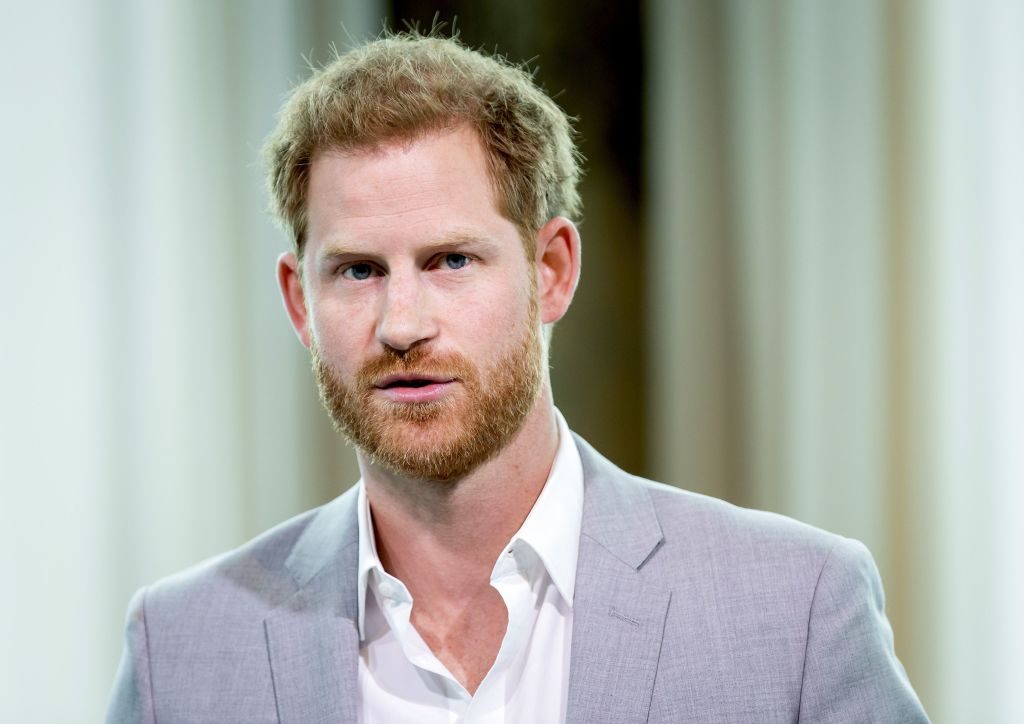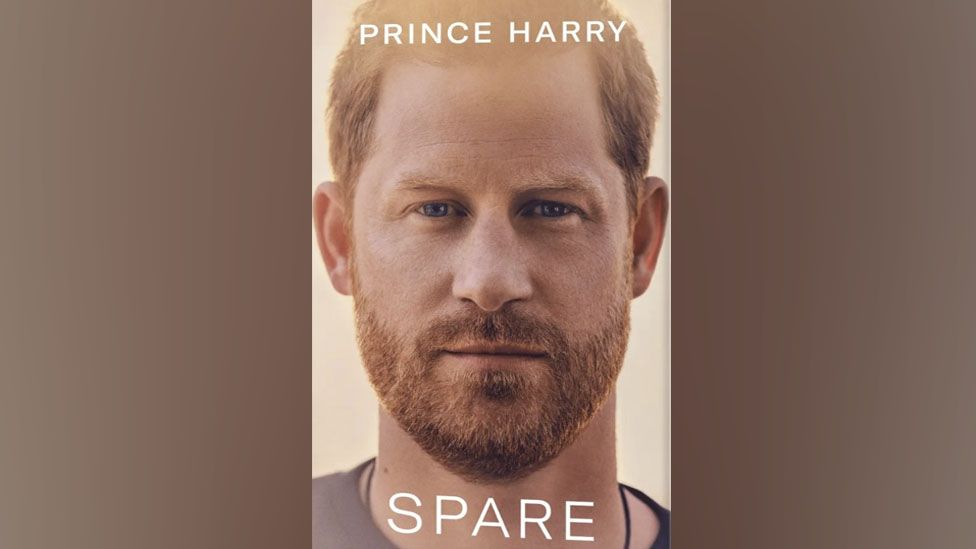
What Prince Harry’s memoir ‘Spare’ tells us about the royal rift

Spare, the explosive, tell-all memoir by Prince Harry, the Duke of Sussex, has hogged the headlines for more reasons than one, ever since it hit the shelves on the midnight of January 10: from the sibling rivalry with his elder brother Prince William to his memories of the death of his mother, Diana, Princess of Wales; from his experiments with cocaine to his killing 25 Taliban militants during his decade in the British Army.
Ghostwritten by US writer and journalist J.R. Moehringer (who earlier collaborated with world’s former Number 1 tennis player Andre Agassi for his memoir, Open) and published by Penguin Random House, the 416-pages-long memoir, which has already been translated into 15 languages, sold 400,000 copies of the English language version on the very day of its debut. According to the publisher, it has become the UK’s fastest-selling non-fiction book ever.
The fractured peace
The Duke of Sussex exited the glitz, glamour and entrapments of royal life, along with Meghan Markle, the Duchess of Sussex, over incessant negative media coverage about them, allegedly at the behest of the royal press office, last year. In the Netflix docuseries, Harry & Meghan, the two erstwhile working members of the royal family recount the behind-the-scene goings-on at the Sandringham House, one of the royal residences, where Prince Charles (now King Charles III)and the then-reigning monarch Queen Elizabeth II decided on the duo’s future.
Spare dwells on Harry’s decision, by no means easy, to leave the royal world behind. It traces the ruptures within the divided House of Windsor. If it takes the lid off the royal feud, it also seals the unlikelihood of Harry’s return to the royal fold. Royal secrets are shredded across the pages of this no-holds-barred autobiography as Harry makes one damning claim after another, sparing no one, mincing no words.
Also read: When Hanif Kureishi, who may not hold a pen again, held court in Jaipur
“The past is never dead. It’s not even past.” Harry begins his memoir with this epigraph, a line from William Faulkner that he first stumbled upon on Brainy.com. In the Prologue, he recounts a meeting with his father and Prince William moments after the funeral of Prince Philip, by the old Gothic ruin of the Frogmore gardens, in 2021.
That meeting had happened 15 months after Harry and his wife had fled the palace, “in fear for our sanity and physical safety”, in January 2020. After their escape, they had briefly settled in Canada’s Vancouver Island before moving to Santa Barbara County (California), where where they now live with their children, Archie and Lilibet. Subsequently, the couple gave the much-talked about interview to Oprah Winfrey, in which they opened up about their courtship, wedding and struggles with mental health. Harry and Meghan told Opran that there were concerns in the royal palace about the skin colour of their son Archie’s colour.
At Prince Philip’s funeral, the memory of his mother had come unbidden to Harry when he was thinking about his grandfather: “The way he embraced life. He had that in common with my mother.” Apparently, Prince Philip was his mother’s ‘loudest advocate’ and had brokered Prince Charles’ marriage with his secret girlfriend Diana Spencer, a kindergarten teacher, long before she became Princess Diana.
His mother, writes Harry, remains “palpably present and exquisitely vivid” in his mind. She is intact in his memory: “Her devastating smile, her vulnerable eyes, her childlike love of movies and music and clothes and sweets—and us.” Diana had wanted her two boys lived amicably, and Harry had come to the palace, hoping for peace “for my family’s sake, and for my own—but also for hers.”
However, it was not to be. For though there had been strife in the royal ranks for centuries, the latest involving Harry was the “full-scale public rupture” that threatened to become irreparable. “Pa and Willy had come ready for a fight,” alleges Harry; “Every time I ventured a new explanation, started a new line of thought, one or both of them would cut me off. Willy, in particular, didn’t want to hear anything. After he’d shut me down several times, he and I began sniping, saying some of the same things we’d said for months—years.”
Also read: How Charles Sobhraj, an escape artist, turned into a cold-blooded murderer
Soon, it got so heated that his father, who stood firmly with his heir apparently, raised his hands: “Enough! Please, boys—don’t make my final years a misery.” The estranged royal doesn’t squirm from making public his anguish at his “beloved brother” becoming his “arch nemesis “
Trouble in paradise
Prince Harry describes his royal life at the 50-bedroom Balmoral castle, which seemed to him as “a paradise, a cross between Disney World and some sacred Druid grove.”
One of the rooms was divided for Harry and William. Willy, as he calls his elder brother, had the larger half, with a double bed, a big basin, a cupboard with mirrored doors, a beautiful window looking down on the courtyard, the fountain, the bronze statue of a roe deer buck. Harry’s side of the room, on the other hand, was “far smaller, less luxurious.”

If it bothered Harry, he never tried to raise it up. He was aware of his place in the royal scheme of things even as a child: “Two years older than me, Willy was the Heir, whereas I was the Spare.” This fact was reinforced, time and again, by his parents.
In a poignant paragraph, he underlines how this difference was accentuated: “The Heir and the Spare—there was no judgment about it, but also no ambiguity. I was the shadow, the support, the Plan B. I was brought into the world in case something happened to Willy. I was summoned to provide backup, distraction, diversion and, if necessary, a spare part. Kidney, perhaps. Blood transfusion. Speck of bone marrow. “
Harry was 20 when he first heard what was a running joke in the family. On the day of his birth, Prince Charles had told Princess Diana: “Now you’ve given me an Heir and a Spare—my work is done.” When he heard this, he writes, he took no offence: “I felt nothing about it, any of it.”
Succession, to Prince Harry, was like the weather or the positions of the planets, or the turn of the seasons. “Who had the time to worry about things so unchangeable? Who could bother with being bothered by a fate etched in stone? Being a Windsor meant working out which truths were timeless, and then banishing them from your mind. It meant absorbing the basic parameters of one’s identity, knowing by instinct who you were, which was forever a byproduct of who you weren’t,” he writes.


